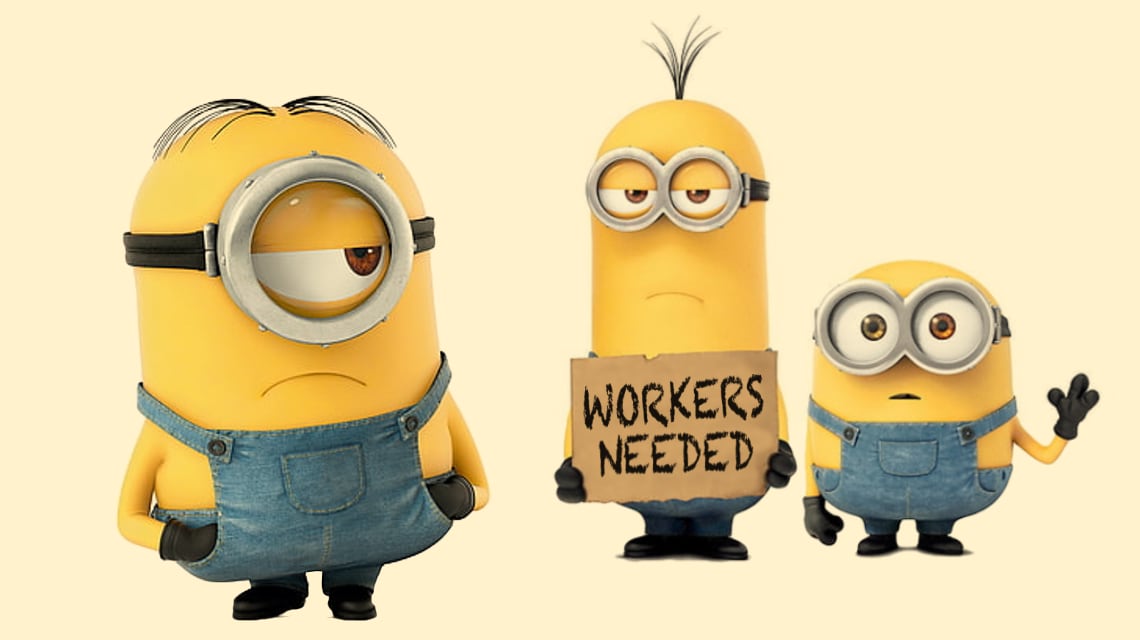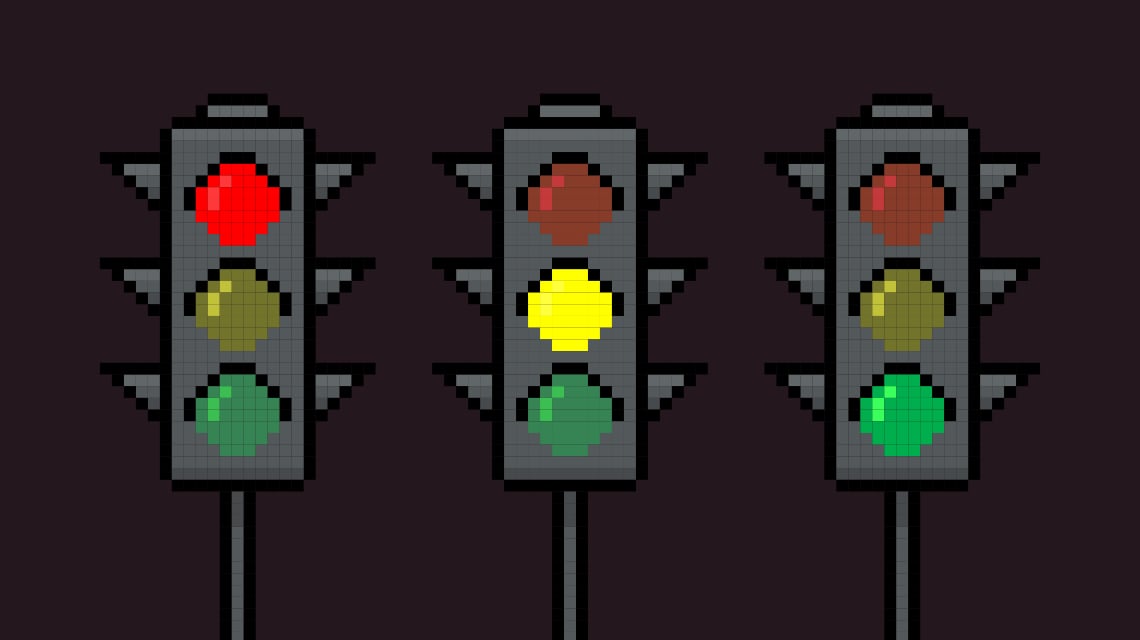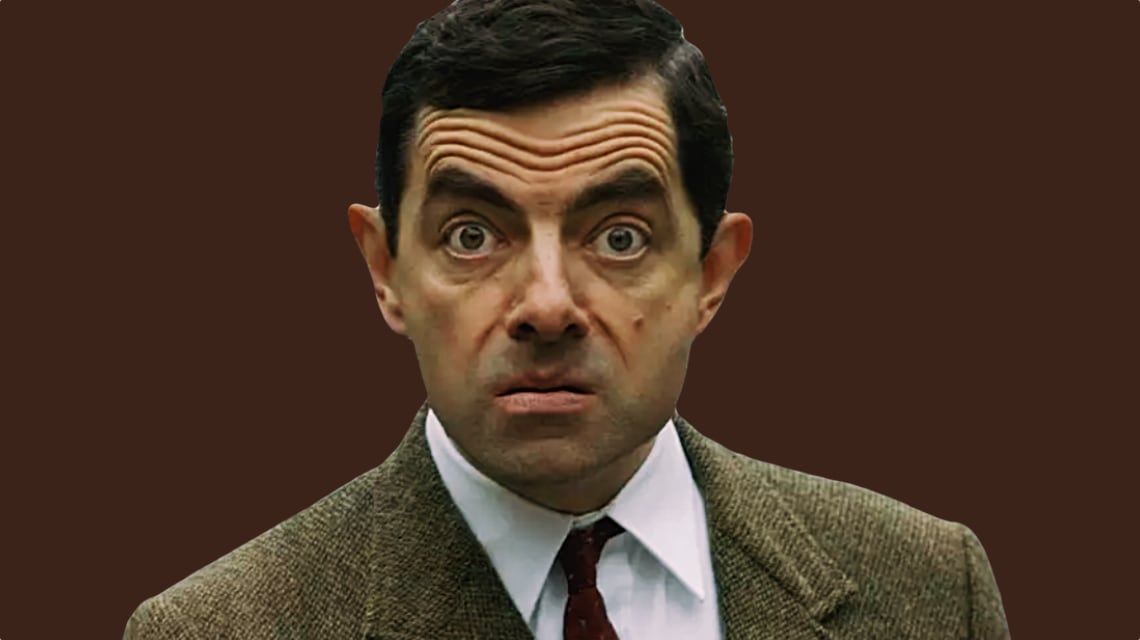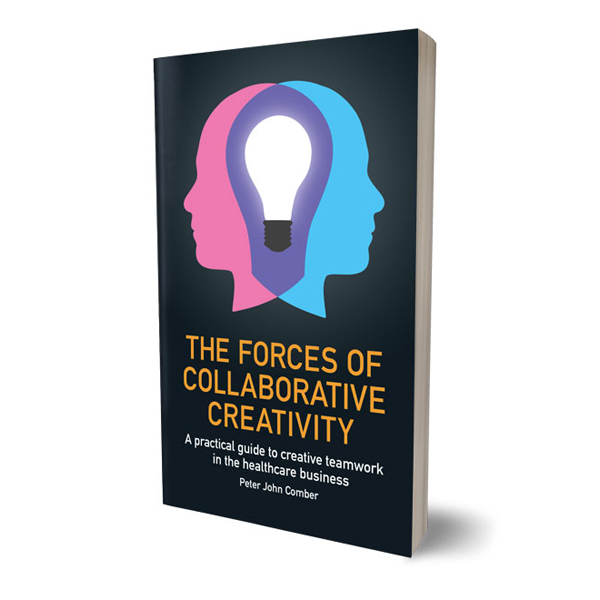“I'm (Not) Only Sleeping.”
Research shows that, if they aren’t rested, humans are rubbish at divergent thinking.
Innovation is a much-desired quality and a buzzword with strong connotations of financial success. Divergent thinking is the source of innovative ideas. Advertising agencies are known to be idea factories but economic pressures are limiting the ability of agencies to deliver divergent thinking.
The following scenario will be familiar to many creatives: it’s 5 pm, the deadline for concepts is 10 am tomorrow, other urgent business means that, so far, you have dedicated minutes, not hours, to cracking the brief and consequently you have only three half-baked ideas. A long night of coffee and desperation fueled thinking lies ahead.
This is how much of the creative industry works today. It is not compatible with how the human mind functions.
J.P. Guilford, a psychologist, first used the terms “convergent thinking” and “divergent thinking” in 1956. Convergent thinking is logical and focuses on providing the single, well-established answer to a problem, either from memory or through decision-making strategies. Divergent thinking is a spontaneous, "non-linear" thought process that generates creative ideas by exploring many possible solutions.
In 1988, J.A. Horne conducted research on the impact of sleep deprivation on divergent thinking*. “Twelve subjects went 32 hours without sleep, and 12 others acted as normally sleeping controls. All subjects were assessed on the figural and verbal versions of the Torrance Tests of Creative Thinking. As compared with the control condition, sleep loss impaired performance on all test scales (e.g., "flexibility," the ability to change strategy, and "originality," generation of unusual ideas) for both versions, even on an initial 5-min test component. In an attempt at further understanding of whether these findings might be explained solely by a loss of motivation, two additional short and stimulating tests were also used--a word fluency task incorporating high incentive to do well and a challenging nonverbal planning test. Performance at these tasks was still significantly impaired by sleep loss.”
It has been estimated that over 20% of adults suffer from some form of sleep deprivation**. I believe that number to be higher among creatives in advertising agencies. Pulling an all-nighter for a big pitch is standard operating procedure - in an industry that doesn’t pay overtime hours it’s the only way agencies can afford the otherwise prohibitive cost of pitches. But sleep loss is the kryptonite of the divergent thinking that wins new business and awards.
In the modern business environment, there is prestige in being busy, always-on and tired. For roles that focus on convergent thinking tasks, this is not too detrimental to results because; “convergent thinking is far more resilient to short-term sleep loss”*. For creatives, science shows that the culture needs to change - more sleep means more and better ideas. Hopefully, that’s the thinking behind the decision from Grey New York to “offer” employees a four day week.
* Horne, J. A. (1988). "Sleep Loss and "Divergent Thinking" Ability"
** Hublin, C; Kaprio, J; Partinen, M; Koskenvuo, M. (2001). "Insufficient sleep: a population-based study in adults". Sleep. 24: 392–400.





